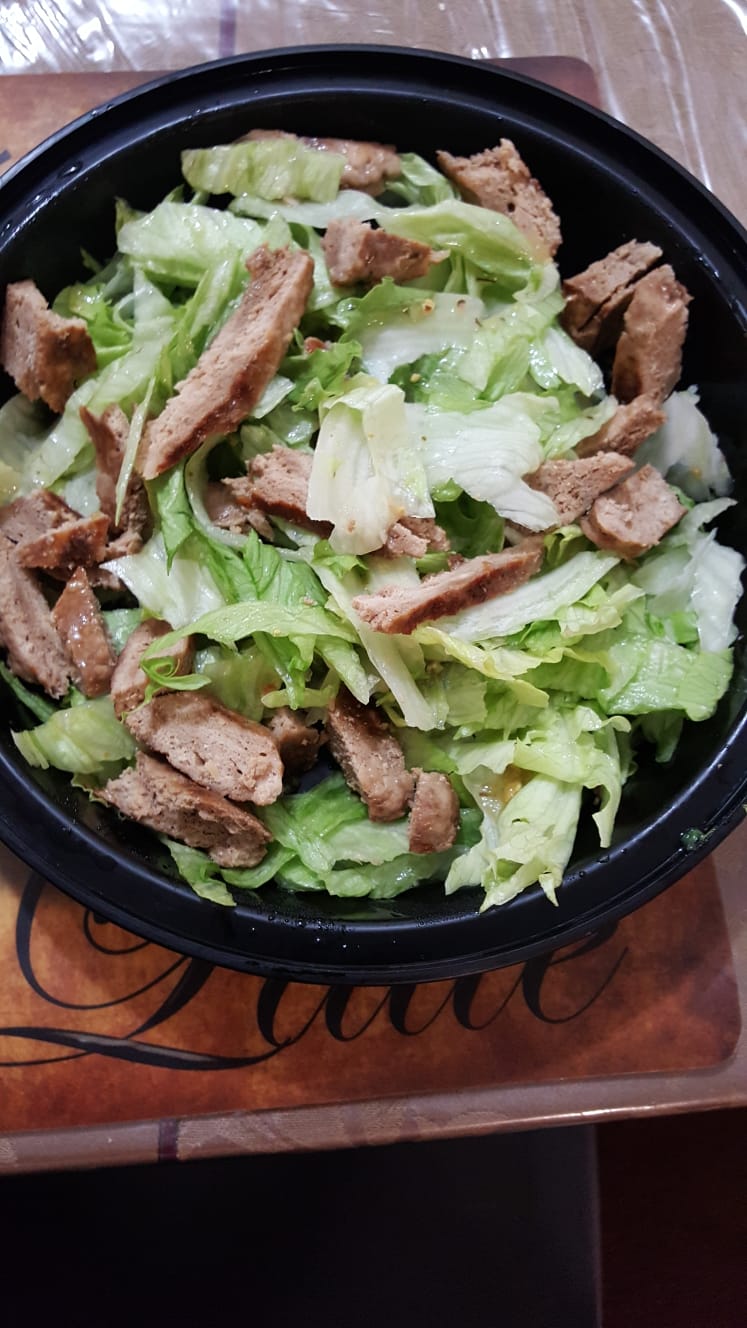HUNGER AND YOU: PART 2 OF 2
Hunger and you Part 2
Last week we began to examine what hunger is and is not. We also looked at the mechanisms of hunger, it’s subjective nature and the hormones involved. The great question is, what real world factors affect these systems? Here are 12 hunger triggers you should be aware of.
Eating sugar and starchy foods causes your insulin levels to spike and drop throughout the day. This process will constantly be stimulating your appetite, post starchy food plunging insulin levels and promoting sugary and starchy food cravings. Insulin is also the fat storage hormone; it will promote the preserving of your fat stores.
Alcohol will spike your insulin and will dehydrate you. If you must drink, have water before, drink in extreme moderation, and have your regular meals throughout the day.
Stress triggers the hormones adrenalin and cortisol, triggering hunger, and cravings for foods which give fast energy release like sugars and simple carbs. Your body can’t tell if the stress is pending famine or war, or just someone annoying at work. Because these systems are closely related, some people will do the opposite and eat when they are happy. To balance this effect try exercising, dancing, do yoga or anything to release stress.
Social eating overlaps with peer pressure and wanting to be a part of your tribe. Food is heavily associated with social situations and refraining can trigger the fear of not fitting in.
Cutting and swallowing or eating too quickly with insufficient chewing will fill your stomach rapidly, but your brain would not get the message in time, fullness won’t be registered and you will continue eating. This is not great news for the extra calories you will be packing in during this sitting, but even more devastating you will develop the habit of eating these large portions and even worse your stomach will stretch. With a distended stomach you will always require larger volumes of food to tell your brain that you are full.
Insufficient protein intake will regulate your appetite. Research how many grams of lean protein is required for your gender, weight and activity level.
Healthy unsaturated fats are good for satiation, of course in reasonable quantities. Choose heart healthy, brain boosting oils found in seeds, nuts and avocados. Of course limit your total oil intake to 20%, conservatively up to 35% of your total calories.
Dehydration or insufficient water intake will often present feelings of hunger; you may never know the difference. Your hypothalamus regulates appetite and thirst and will easily confuse us. Drink water, if you feel hungry and haven’t had much water that day. Drink a glass of water and wait 20 minutes before deciding to eat. If you don’t enjoy water add a little lemon or lime.
Skipping meals will increase your levels of ghrelin, driving up your appetite and promoting binging. If you are not a breakfast person consider a slice of fruit.
Insufficient sleep results in secretion of ghrelin, stimulating appetite and a drop in leptin also stimulating appetite. Maintain 6-8 hours of sleep most nights.
Pregnancy, PMS, nutritional deficiencies will often trigger cravings. Get advice in maintaining a balanced diet in your particular situation.
Medications can also increase your appetite. Corticosteroids, prednisone, certain meds for depression and others are known to affect appetite. If you are feeling hungry after a regularly portioned meal speak with your physician about alternatives. If there is none, as always work closely with your coach or support group.
Food porn and food corporations are driving our appetites daily. Simply looking at foods increase levels of our hunger sensation hormone ghrelin. Of course, food businesses know this, so they deliberately present us with food images throughout our day. Restaurants and food manufacturers also over enhance their products with sugars, starches, salts and additives which promote both excessive eating and addiction responses. This marketing creates what scientists call hedonic hunger, a powerful desire for food in the absence of any need for it.
Realizing that hunger is not inherently greed, and hunger is not a weakness. It is important to begin managing your triggers and reactions to hunger, like raiding the fridge or running to the most convenient fast food or snack option. Don’t identify with your habits, don’t allow your life, your future to be defined by your hunger





